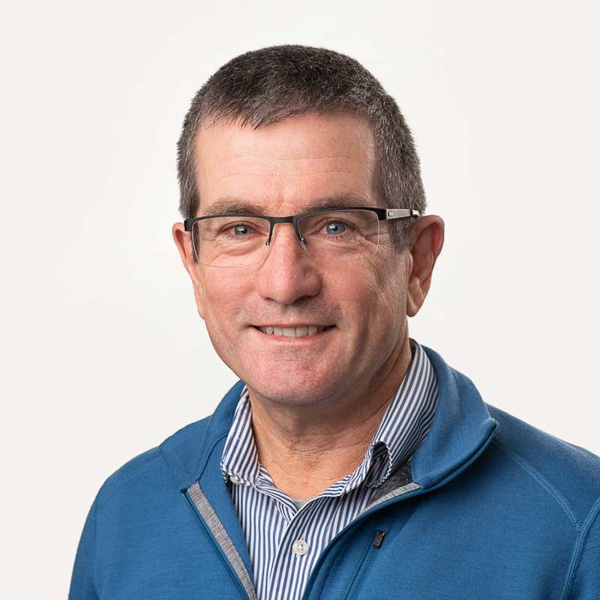Campbell River gets its wet lab dream
Campbell River’s dream to have a Salmon Centre of Excellence gets a boost with federal funds for a wet lab
By Fabian Dawson
SeaWestNews
Campbell River’s dream to have a Salmon Centre of Excellence got a boost this week with Ottawa announcing that it will provide funds for a wet lab in the costal Vancouver Island city
The wet lab project is one of 23 proposals costing a total of $13 million that have been approved under the British Columbia Salmon Restoration and Innovation Fund (BCSRIF).
“The projects receiving funding will help us support wild salmon stocks and fisheries, that are vital to our First Nations, coastal communities and industries that rely on them,” said Lana Popham, Minister of Agriculture Province of B.C.
She said the wet lab project, will enable scientists to monitor fish in land-based tanks.
“It will allow us to have another scientific tool that we can use to monitor salmon and the impacts of climate change,” said Popham.
Dr. Jim Powell, the CEO of BC Centre for Aquatic Health Sciences (BC CAHS) has been working on getting this project off the ground for the past 15 years, said Popham, as she singled him out for his perseverance during the announcement on Friday in Vancouver.
The BC CAHS is a non-profit organization in Campbell River BC with a state-of-the-art laboratory serving all stakeholders in fisheries and aquaculture, First Nations and the enhancement communities. It operates on a science-based model and adheres to a rigorous academic ethic.
“A Level 2 Wet Lab will help us conduct the much needed additional scientific research aimed at a better understanding of potential effects of pathogen transfer between wild and farmed salmon” Dr. Powell told SeaWestNews, in an earlier interview.
“It is necessary to have the facility in Campbell River because this is where migratory salmon pass through to get to the open ocean and then back to the spawning grounds. It is also the meeting place of wild and farmed fish, so it’s perfect to conduct research using the local waters”.
Mayor Andy Adams had stated “Campbell River is the ‘Salmon Capital of the World’ and is very supportive of work that the BC Centre for Aquatic Health Sciences does in providing our region with science-based evidence for the sustainability of all fisheries whether it be wild, commercial, recreational, farmed or indigenous.
“Having an operational wet lab here in Campbell River would be a tremendous asset to continue this critically important research and works very well with the City’s potential plans for a Salmon Centre of Excellence facility.”
Jonathan Wilkinson, Minister of Fisheries, Oceans and the Canadian Coast Guard said the projects that are getting the funding will focus on restoring British Columbia’s wild salmon populations, and target three key areas: innovation; infrastructure; and, science partnerships
“Working in partnership with the Government of British Columbia and with Indigenous communities, conservation groups, scientists and industry, I am confident that we can and are making substantive progress in protecting and enhancing our wild fish stocks and in strengthening our fishing industry,” he said.
“Investments through this program will benefit commercial and recreational fishing and aquaculture, as well as science and research initiatives.”
The British Columbia Salmon Restoration and Innovation Fund is a 70 per cent federal, 30 per cent provincial cost-shared program.
The 23 initial projects selected are located across B.C., including:
- The Cowichan Valley Regional District and partners, including Cowichan Tribes, to conduct an evaluation of the natural boundary of Cowichan Lake to support building critical new water storage infrastructure, to provide flows required to sustain Cowichan salmon populations;
- The Scw’exmx Tribal Council and partners to assess and rehabilitate degraded habitats in the Coldwater River and Guichon Creek watersheds to improve survival of Thompson Steelhead and Chinook salmon;
- The Canadian Wildlife Federation will bring together partners, including federal and provincial governments, non-governmental organization, First Nations, and communities to prioritize fish passage remediation efforts across B.C. to maximize the benefits for Pacific and Steelhead salmon;
- Led by Tides Canada and the Watershed Watch Society, “Connected Waters” will identify priority sites requiring infrastructure upgrades and habitat restoration across the Lower Fraser River watershed, which will support the reintegration of vital wild salmon habitat;
- A science partnership lead by the University of British Columbia to conduct research on improving the sustainability of capture and release marine recreational Pacific salmon fisheries using new tools and technology;
- The Sport Fishing Institute (SFI) will develop the Fishing BC mobile app, an online information and catch monitoring tool. BCSRIF will also support elements of SFI’s Vision 2021: an action plan to maximize the social and economic potential of the recreational fishery on Canada’s Pacific coast. The project aims to improve representation of the fishing community and increase participation in the fishing sector by youth, new Canadians, and others; and,
- Funding to support the Pacific Salmon Foundation (PSF) in conducting a science-based review of hatcheries in the Pacific Region (including community hatcheries and DFO Major facilities) to evaluate performance and the effectiveness of current genetic and genomic tools, in order to optimize salmon production in BC.
The Government of Canada is investing $100 million over five years for the British Columbia Salmon Restoration and Innovation Fund, and also providing a one-time investment of $5 million for the Pacific Salmon Endowment Fund.
The Government of British Columbia is investing $42.85 million over five years and also provided a one-time grant of $5 million for the Pacific Salmon Foundation.
Indigenous communities, commercial organizations in the wild fisheries and aquaculture sectors, recreational fisheries, as well as non-commercial organizations such as universities and research institutions, industry associations and conservation groups, can apply.
The first intake of proposals for the fund, which launched in May 2019, produced a total of 192 applications.
(Image of Dr, Jim Powell, courtesy of BC CAHS)
RELATED STORIES
“If you build it they will come.”

